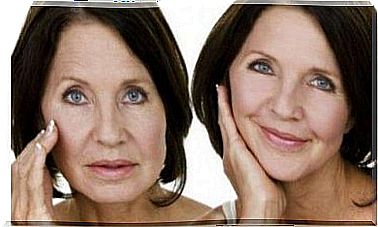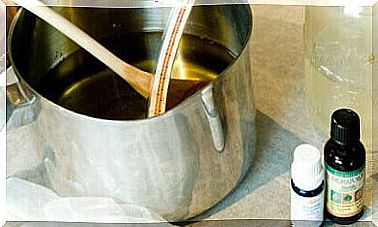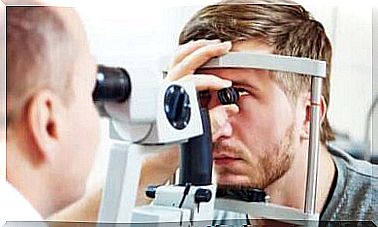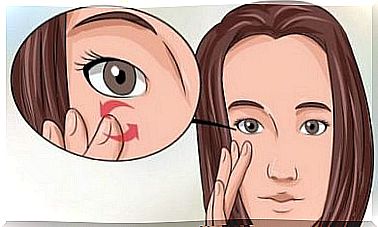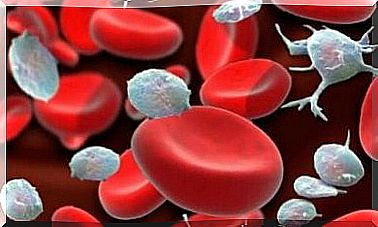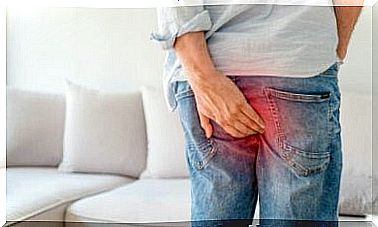Treatment Of Obsessive-compulsive Disorder: Drugs And Therapy

Obsessive Compulsive Disorder (OCD) is a common and treatable mental illness for which a number of effective drugs, especially antidepressants, are currently available. If the obsessive-compulsive disorder is not treated properly, it can cause the patient distress and complicate his or her daily life. In this article, we explain what the treatment of obsessive-compulsive disorder entails.
There is no reason to be ashamed to seek treatment; obsessive-compulsive disorder is a disease where, for example, Parkinson’s disease or diabetes. It is therefore important to become familiar with this disease so that you can better understand it and forget your prejudices.
Many studies have shown that one effective treatment for obsessive-compulsive disorder is cognitive-behavioral therapy in combination with medication. In this article, we’ll take a look at the different medications for treating obsessive-compulsive disorder and what all the therapy entails.
Treatment of obsessive-compulsive disorder: cognitive-behavioral therapy
The primary treatment for all types of obsessive-compulsive disorder is cognitive-behavioral therapy. Such therapies have been recommended by major institutions such as the National Institute of Mental Health and Harvard Medical School.
One type of cognitive-behavioral therapy often used is exposure and response avoidance. This method involves gradual exposure to dreaded objects or compulsive thoughts, such as dirt, and aims to teach patients healthy ways to deal with stimulus-induced anxiety.
Exposure and response avoidance require effort and practice, but it produces effective results and improves the patient’s quality of life as he or she learns to control his or her compulsive thoughts and activities. Such therapy can be involved in both individual and family or group therapy.

What medications are used to treat obsessive-compulsive disorder?
Antidepressants, especially selective serotonin reuptake inhibitors, are the most common form of treatment prescribed by health professionals. These medications can reduce patient suffering and enhance therapy.
Antidepressants should be prescribed by a psychiatrist and are usually used temporarily until the patient is able to control the disorder with said therapy. However, each patient has a different response to medication and therapy.
Some patients get good results with the first medication, while others have to try different medications before the symptoms improve. Thus, physicians sometimes use reuptake inhibitors in combination with other medications to improve results. The medicines used to treat obsessive-compulsive disorder are:
- Clomipramine – for people over 10 years of age.
- Fluoxetine – for children over 7 years of age.
- Fluvoxamine – For over 8 years of age.
- Paroxetine – Adults only.
- Sertraline – For adults and children over 6 years of age.
It is good to note that such antidepressants do not take effect until 10 weeks after they are started. For this reason, it can sometimes be difficult to say whether they are effective or not. However, the doctor is always the person who makes the decisions about using the medicine.
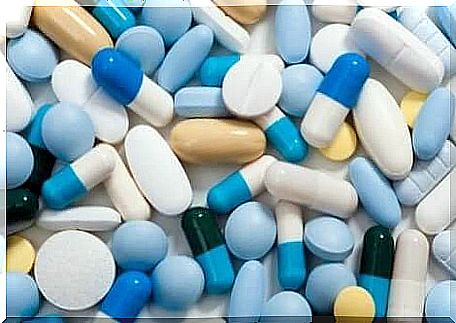
Combination therapy for obsessive-compulsive disorder
Although several drugs can be used to treat obsessive-compulsive disorder, studies have consistently shown that recurrence rates are lower with cognitive-behavioral therapy than with medication. However, this cannot be generalized to everyone, as every patient is different. However, this is an interesting fact that can be helpful in treating the disorder.
The most effective way to reduce the symptoms of obsessive-compulsive disorder is to combine therapy and medication. In fact, experts say that drug therapy should always be complementary therapy to cognitive-behavioral therapy. Medication should only be used if prescribed by a health care professional.



